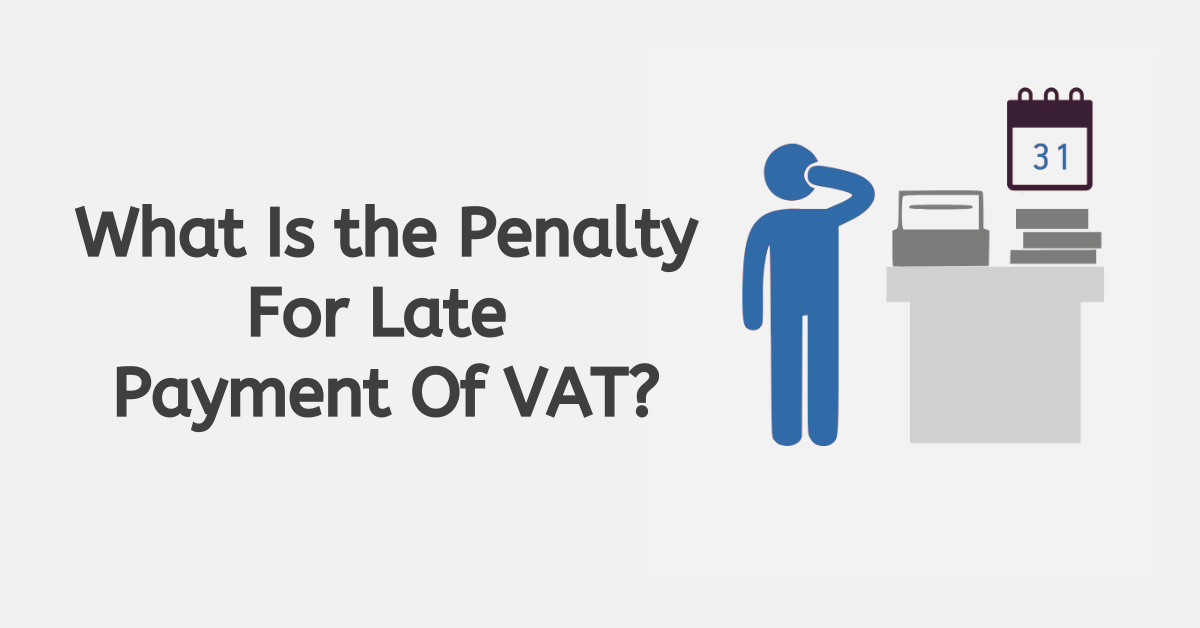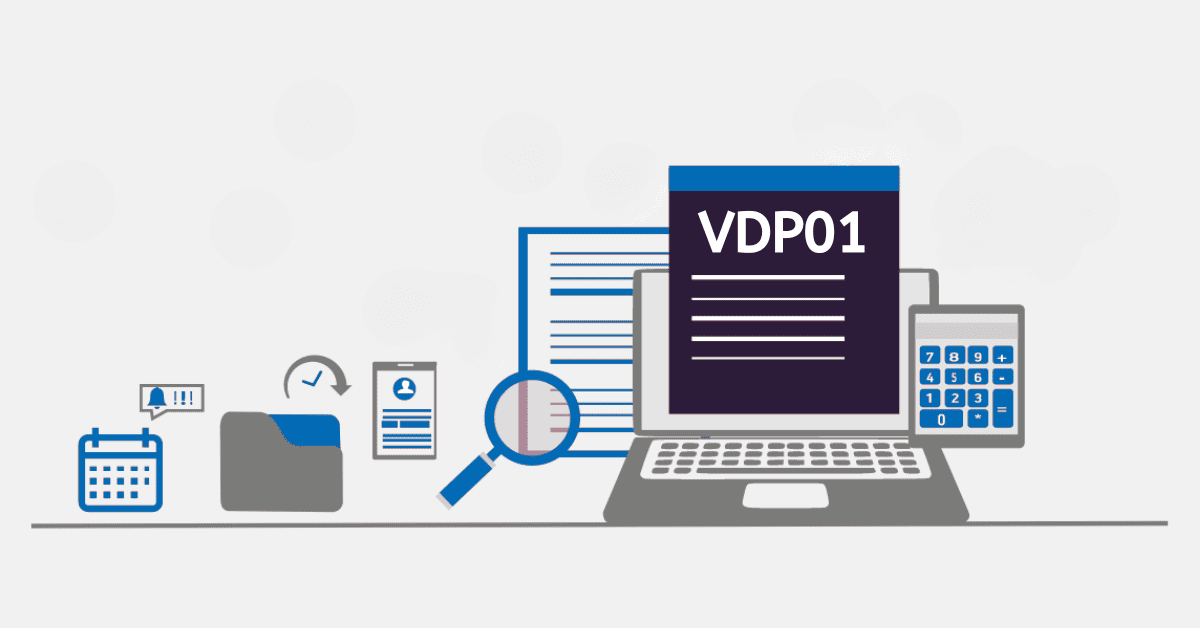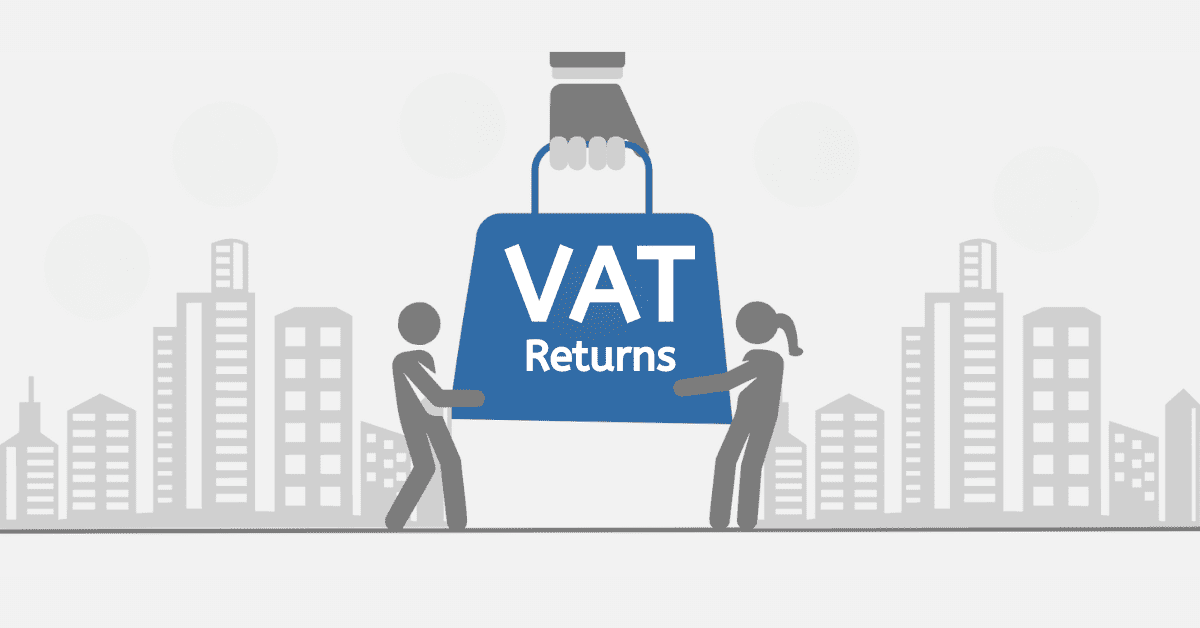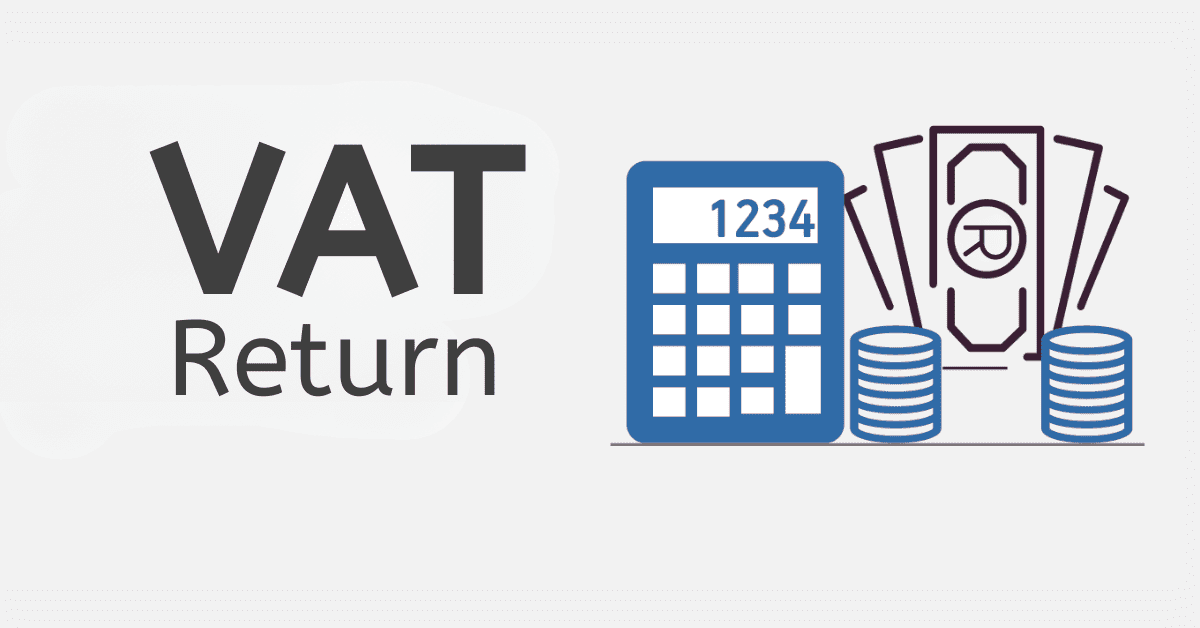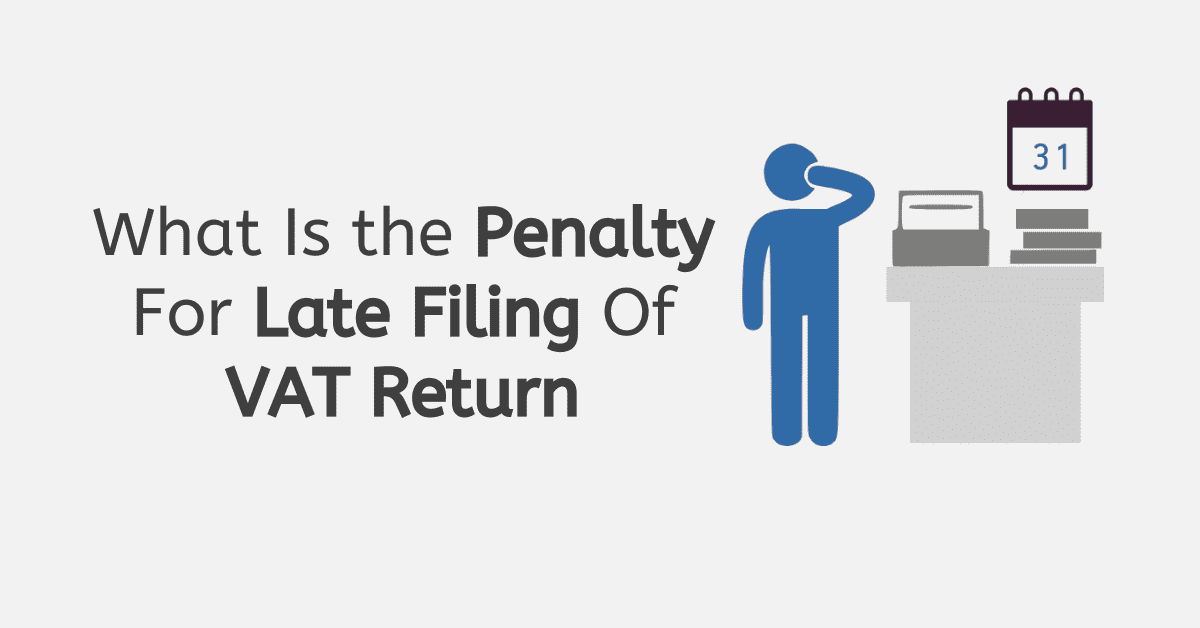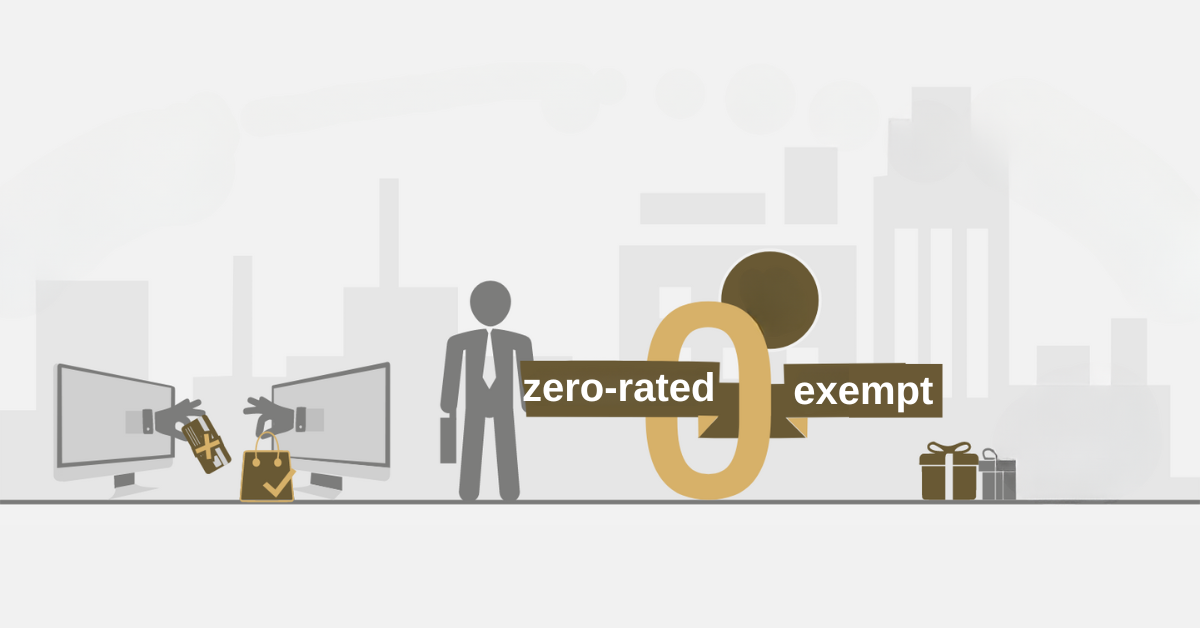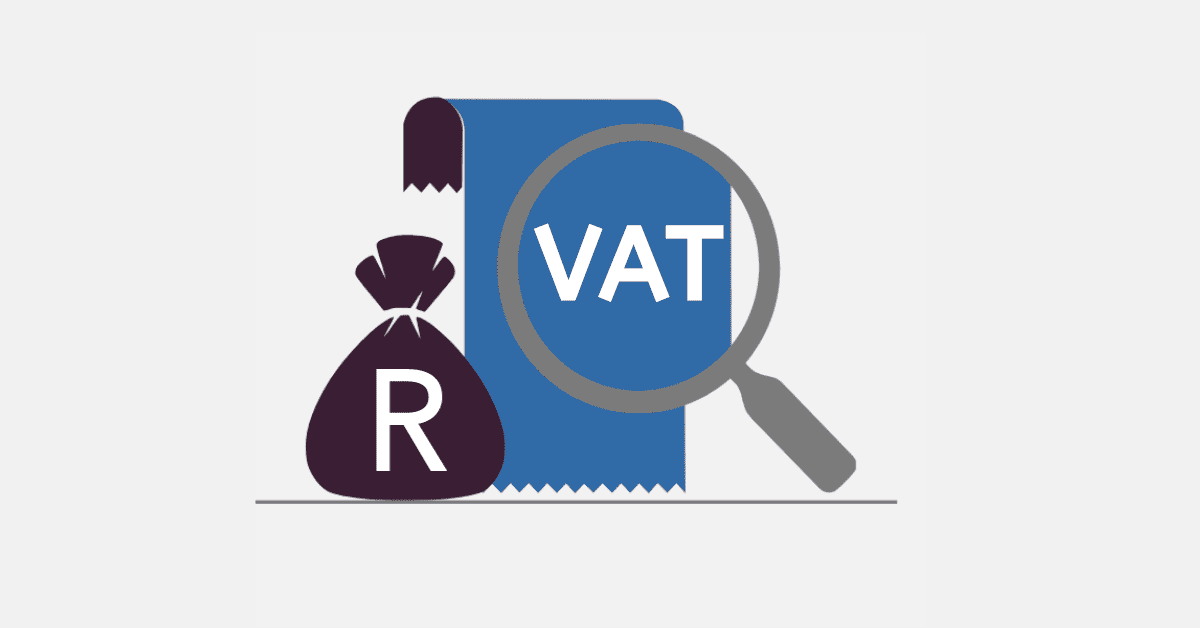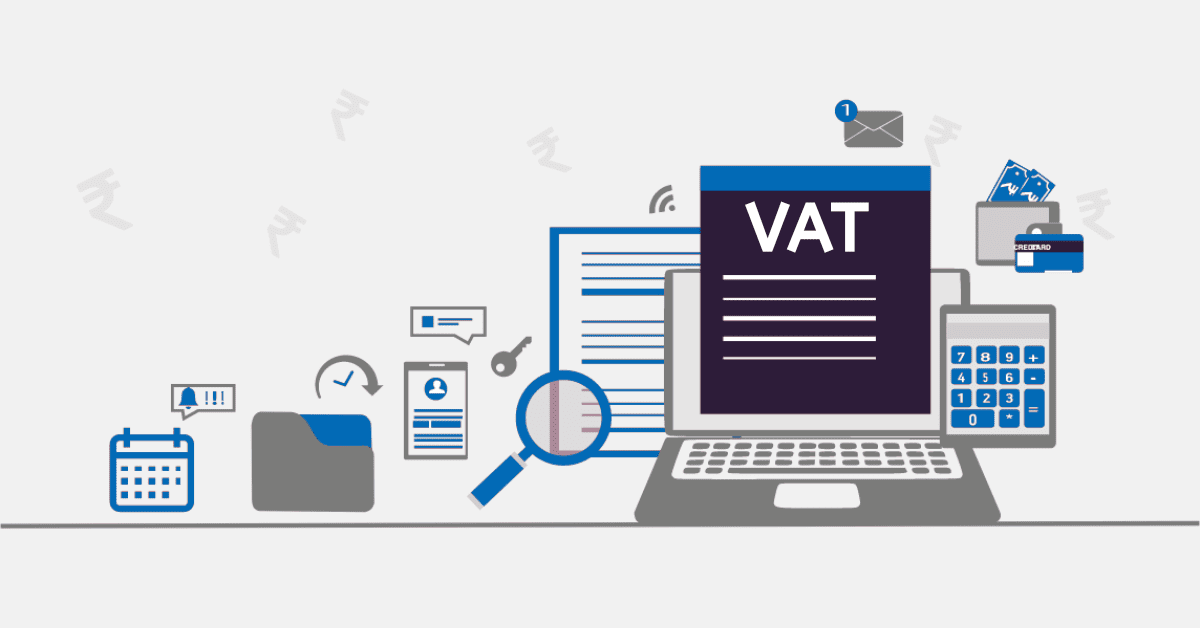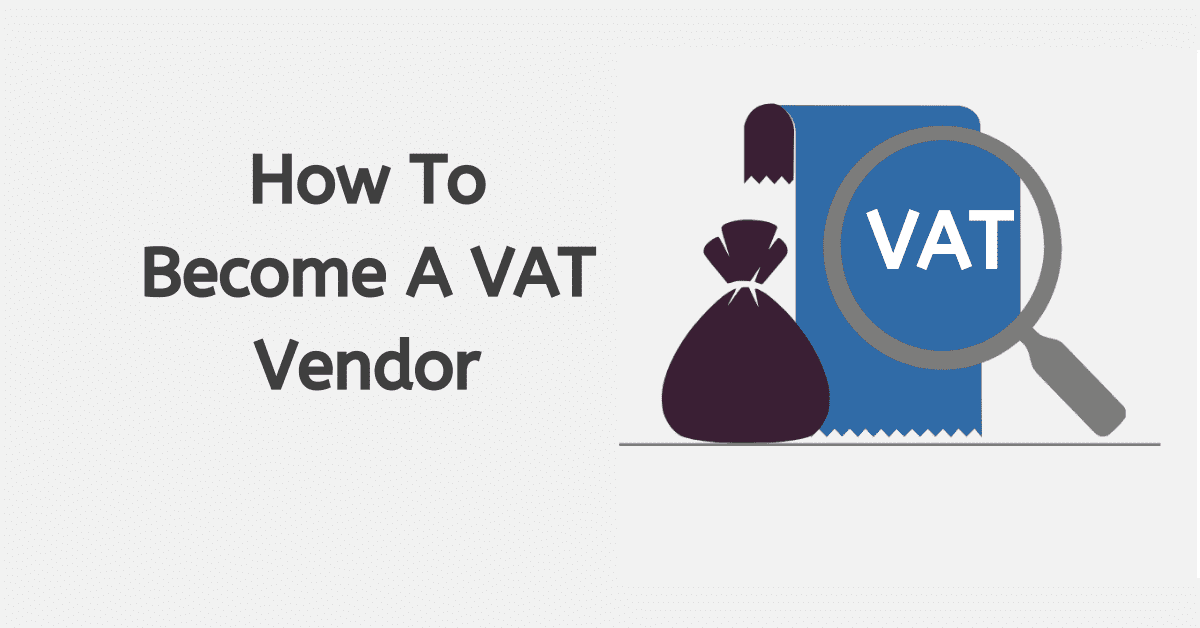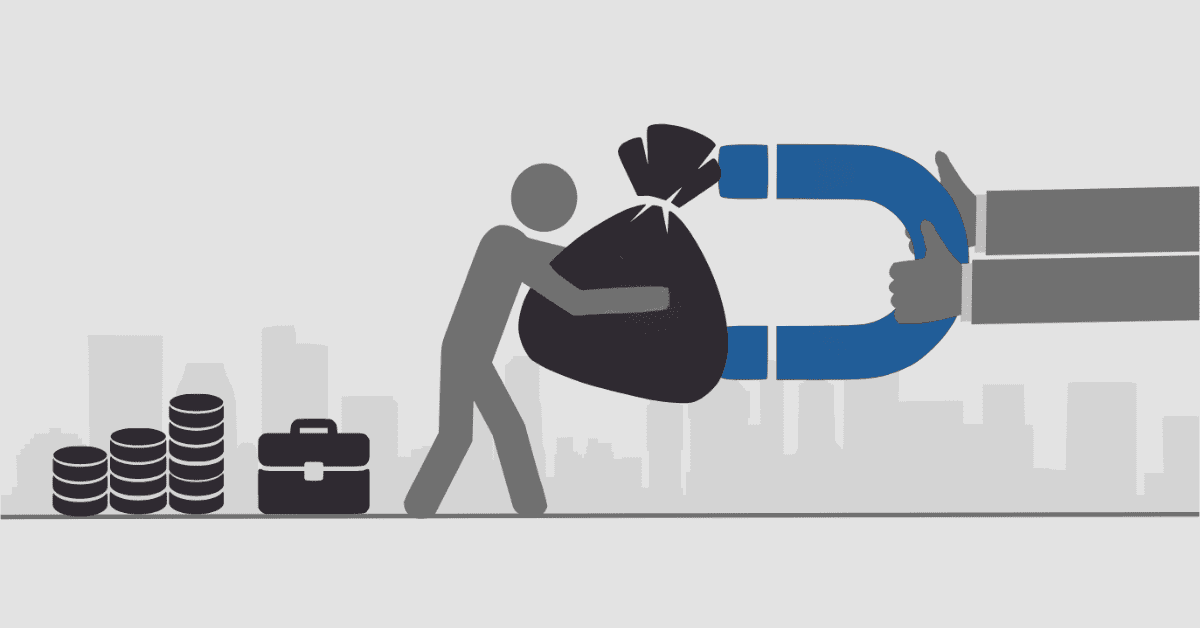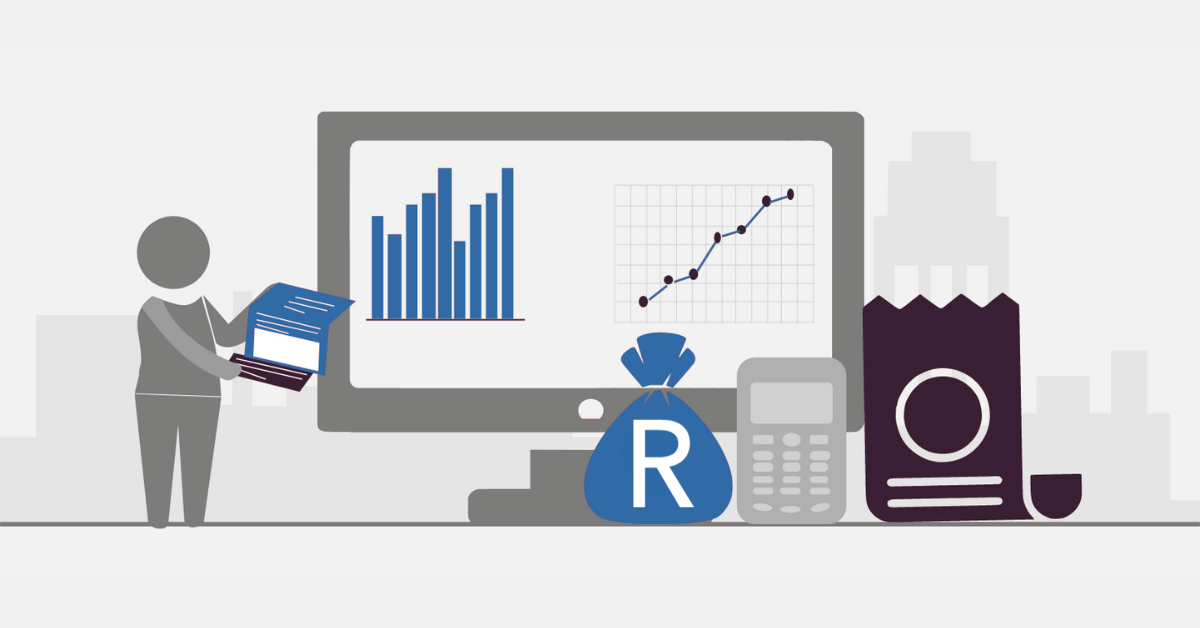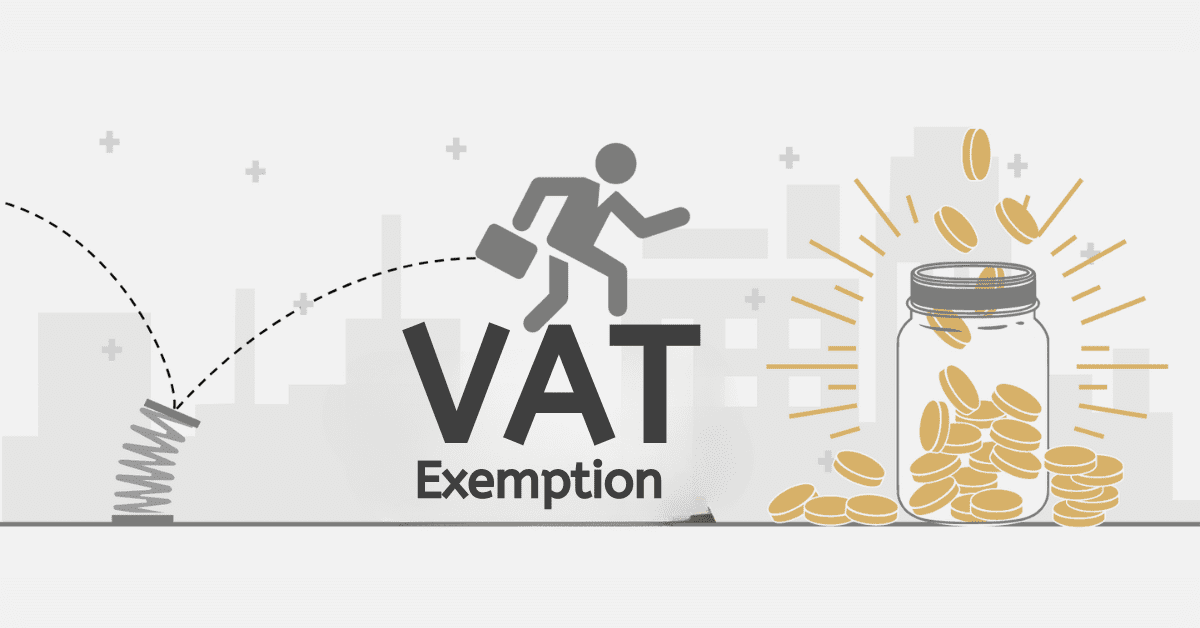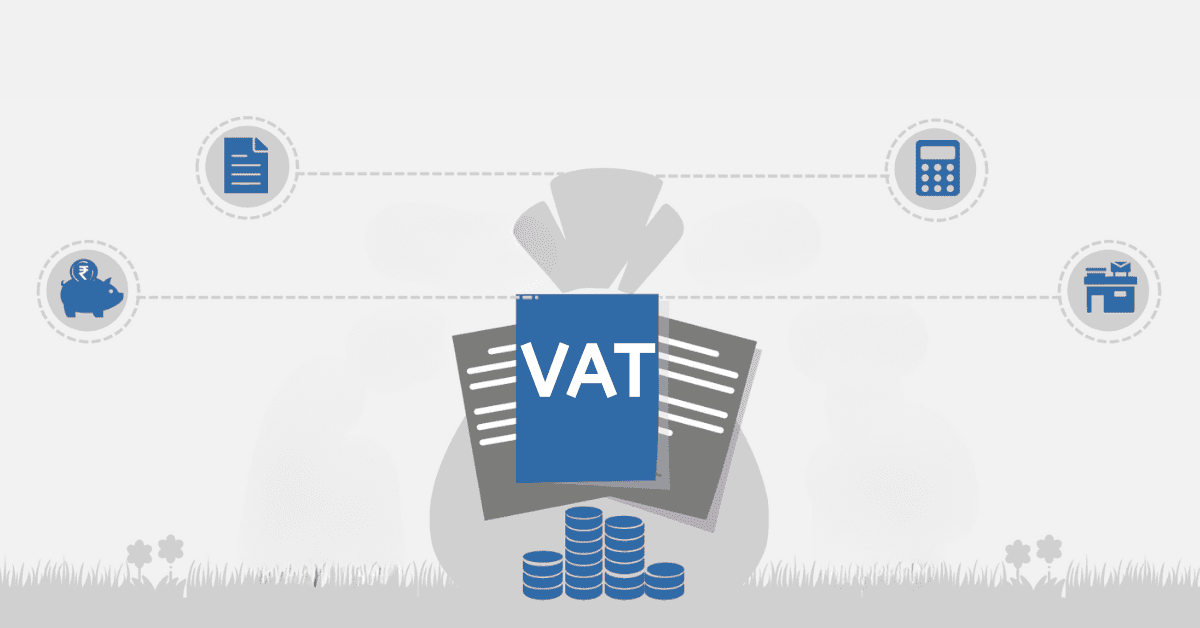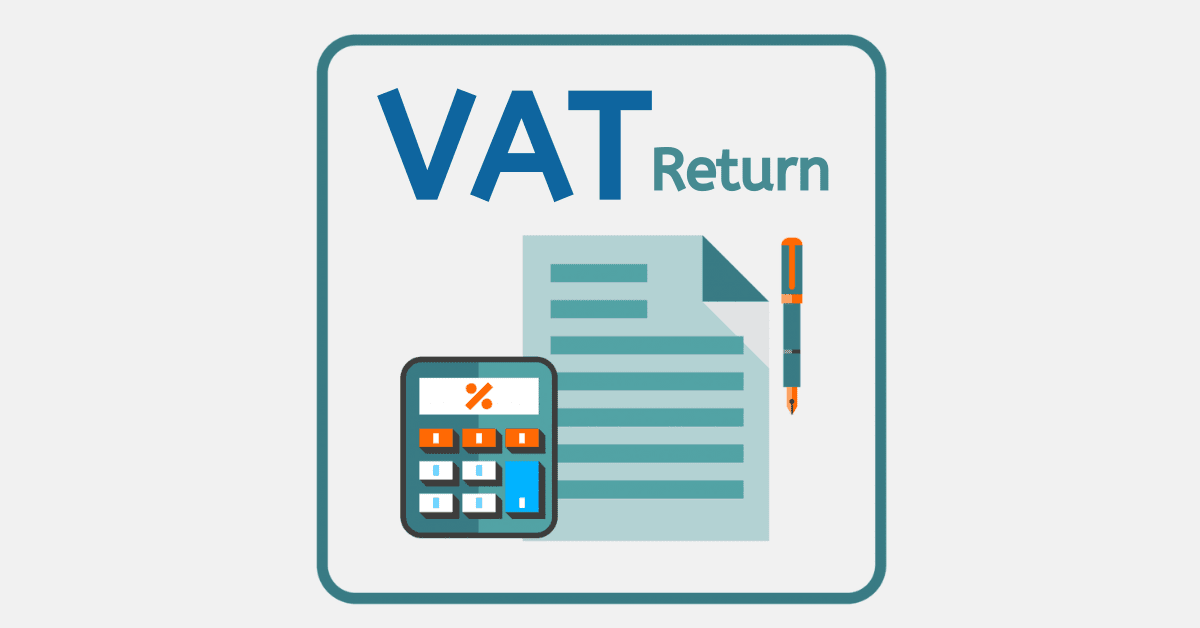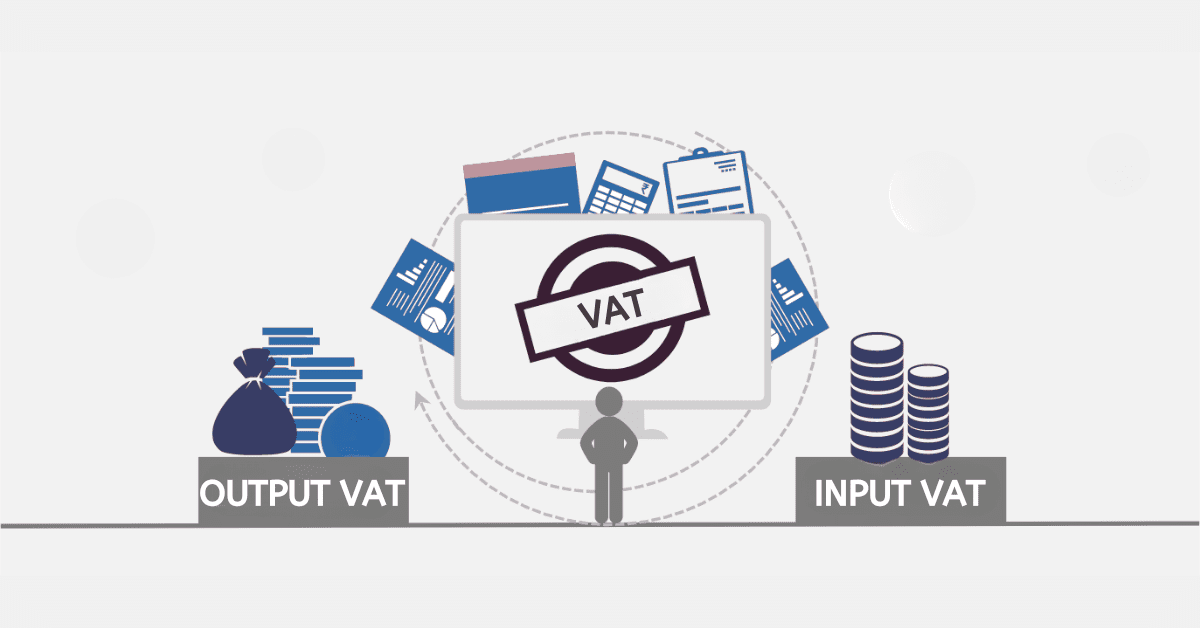Value-Added Tax, or VAT, is a critical component of South Africa’s tax landscape and a major source of government revenue. VAT as a concept exists in many countries and is levied on the sale of most goods and services, with some exceptions for the goods used most by the poorest of the poor. This means that all of us pay VAT daily on the things we buy.
However, businesses can also register with SARS as a VAT vendor, and claim back a portion of the VAT they pay on goods (and services) critical to making their income and supplying other VAT-registered businesses. Today, we look deeper into the intricacies of VAT return calculation in South Africa. While tourists and visitors to the country also can claim back VAT on their purchases while in South Africa, that’s a topic for a different day.
How Does VAT Return Work In South Africa?
Any business can register for VAT with SARS if they earn over R50,000 in income, but it becomes mandatory if you are exceeding R1 million. As with most tax forms, VAT returns in South Africa are submitted electronically to SARS.
Most businesses will submit returns every two months. They are split into 2 groups, A and B, which determine whether you submit in ‘even’ or ‘odd’ months, but this doesn’t really matter to the overall process. However, smaller businesses with turnovers below a certain threshold can opt for a monthly or annual return, depending on eligibility and preference.
To file a VAT return, businesses need to maintain accurate records of all transactions involving VAT. This includes keeping invoices, receipts, and documentation of VAT, both what they have charged and paid. Accurate record-keeping is essential to ensure a smooth VAT return process, as it allows your business to provide evidence of your VAT calculations in the event of an audit.
Businesses are required to complete the return accurately, declaring their output VAT and input VAT for the respective period. The declaration should match the records kept by the business, and any discrepancies can lead to penalties or audits.
How is the VAT Refund calculated?
The standard VAT rate in South Africa is currently 15%, although this may change soon, according to some leaked news reports.
When a business makes a sale, it is required to charge VAT on the goods or services provided. On the flip side, when a business purchases goods or services from other VAT-registered entities, they pay VAT on those transactions. For private individuals and non-VAT vendors, this is simply a cost you have to pay and is built into the final price, which is all you are legally allowed to display to the customer.
For businesses that have met the VAT threshold or which have registered as VAT vendors voluntarily, however, this becomes something of a taxati on-related business expense, and your business can instead offer an invoice that shows the ex-VAT (without VAT) and VAT-inclusive amounts.
The VAT return is a mechanism that ensures businesses pay only the net amount of VAT they collect (VAT on sales) minus the VAT they paid (VAT on purchases). So, the VAT refund calculation revolves around subtracting the input VAT (VAT on purchases) from the output VAT (VAT on sales).
Here is a simplified formula for VAT calculation:
VAT Payable = Output VAT – Input VAT
Output VAT represents the VAT collected on sales, while Input VAT is the VAT paid on purchases. The difference between these two figures determines whether a business owes money to the South African Revenue Service (SARS) or is entitled to a VAT refund.
Do You Get Money Back From A VAT Return?
It is possible to get money back on a VAT return, but it isn’t guaranteed. It depends on the volume and type of VAT-related transactions you have done in the return period.
If the input VAT (VAT on purchases) is higher than the output VAT (VAT on sales) during the period, the business is entitled to a VAT refund, a reimbursement for the excess VAT paid on purchases. On the other hand, if the output VAT exceeds the input VAT, the business owes money to SARS. They are required to make a payment to settle the difference.
How Long Does A VAT Return Take?
Typically, SARS tries to process VAT returns within 21 business days of submission. However, several things can impact the processing time:
- If the VAT return is correctly filled out, with all necessary information and supporting documentation, it is more likely to be processed promptly.
- SARS processes a vast number of VAT returns, as well as other types of returns, every month. In busy periods, processing will take longer.
- Large or complex businesses with multiple transactions may require more time for processing.
- SARS can also conduct compliance checks on the business’s VAT returns if they wish, which can greatly extend the processing time.
To ensure the smoothest possible process, ensure that your VAT return is complete and accurate, and provide any requested additional documentation promptly.
How Do I Know If SARS Owes Me A Refund?
After submitting your VAT return, you can check the status (and outcome) of your return filing by logging into the SARS eFiling system. You can also contact your nearest SARS branch or contact their call center, but digital methods are now preferred. If there are discrepancies or issues with your return, communication from SARS asking for additional documents will also show here.
If you are entitled to a refund, SARS will notify you of the approved amount, and the refund will be deposited into your bank account registered on the system. Make sure that the bank details SARS has are accurate to prevent any delays in receiving your refund.
For businesses making a large number of VAT-eligible transactions, the VAT return process will become an essential part of staying compliant with tax regulations. There is also a strong chance you will be eligible for refunds on the VAT you have paid in your business along the way.
